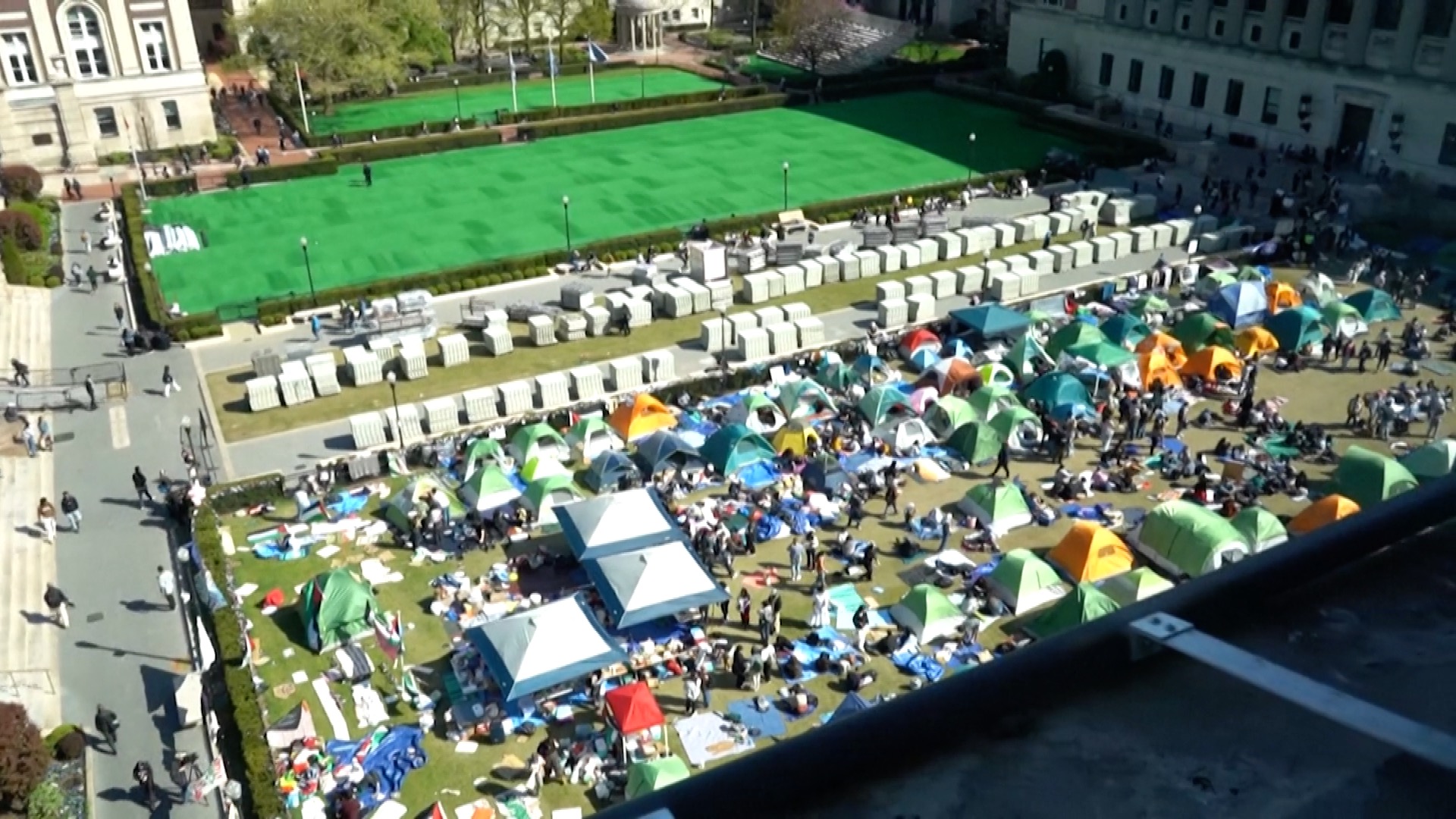WASHINGTON: Columbia University’s president Minouche Shafik faced harsh criticism from faculty and students for calling in the police and shutting down the ongoing pro-Palestinian protest.
The Columbia University Senate approved a resolution on Friday, saying that Shafik’s administration had undermined academic freedom and disregarded the privacy and due process rights of students and faculty members.
It included a task force to monitor how the administration would make corrective changes going forward.
In response, university spokesperson Ben Chang said “we are committed to an ongoing dialogue and appreciate the Senate’s constructive engagement in finding a pathway forward,” the Associated Press reported.
As the death toll mounts in Gaza and the humanitarian crisis worsens, protesters at universities across the U.S. are demanding that schools cut financial ties to Israel and divest from companies they say are enabling the conflict.
Student negotiators representing the Columbia encampment said that after meetings on Thursday and Friday, the university had not met their primary demand for divestment, although there was progress on a push for more transparent financial disclosures.
Police arrested more than 100 people earlier and removed the tents from the main lawn of the school’s Manhattan campus, but the protesters quickly returned and set up tents again.
Some critics worry the protests might have veered into antisemitism as a video posted in January by a student organizer saying “Zionists don’t deserve to live” resurfaced on Thursday.
Khymani James, who has acted as a spokesperson for the pro-Palestinian encampment as a member of Columbia University Apartheid Divest, apologized on Friday in a statement on X, saying that he “misspoke in the heat of the moment” and “every member of our community deserves to feel safe without qualification.”
Protest organizers said James’ comments didn’t reflect their values. They declined to describe James’ level of involvement with the demonstration.
A number of Jewish students have said they have felt unsafe at Columbia and at other universities, although other Jewish students have joined the demonstrations, BBC reported.























